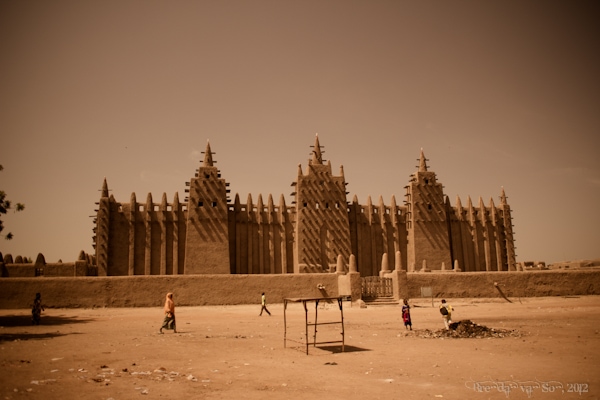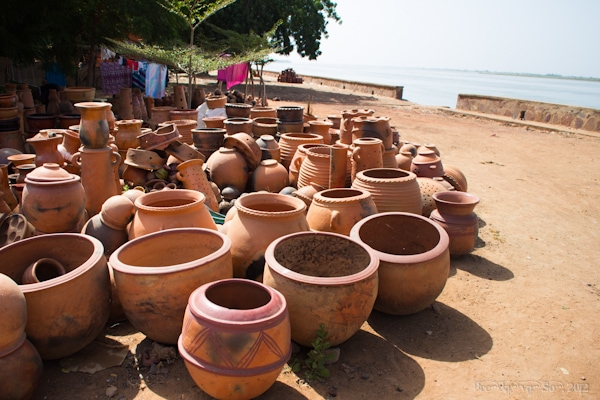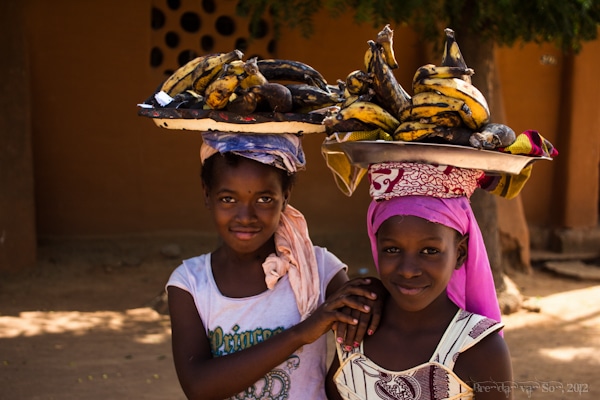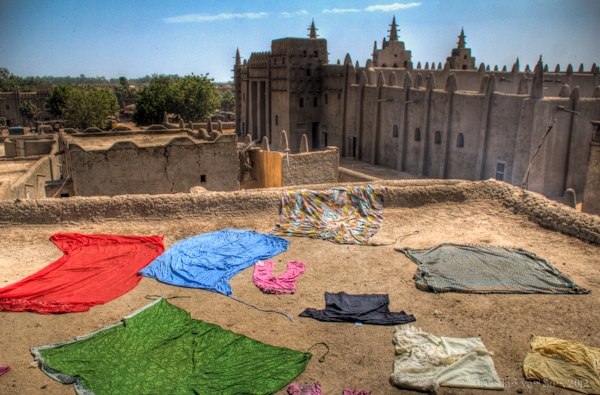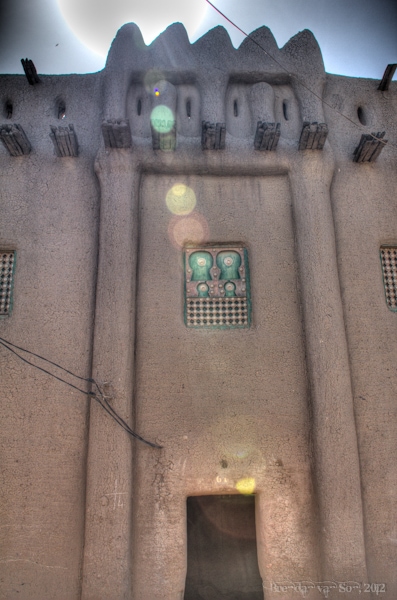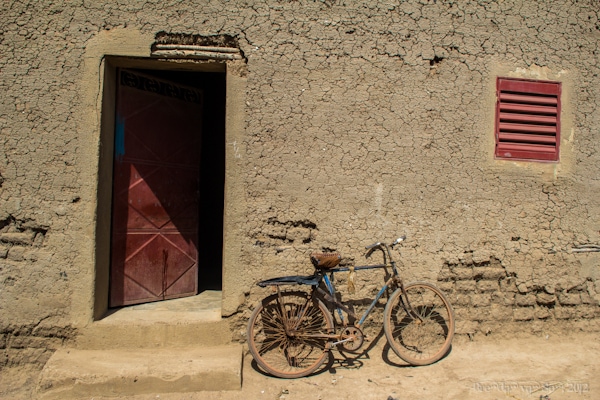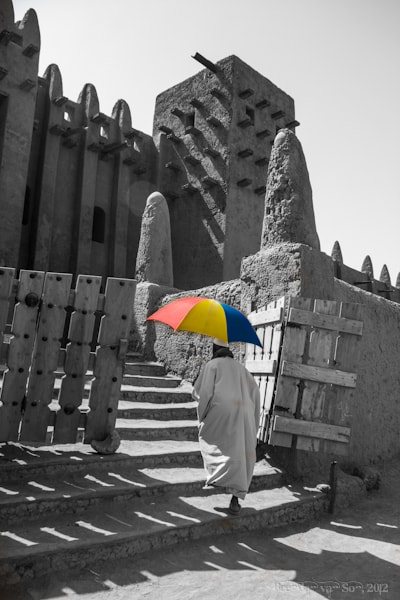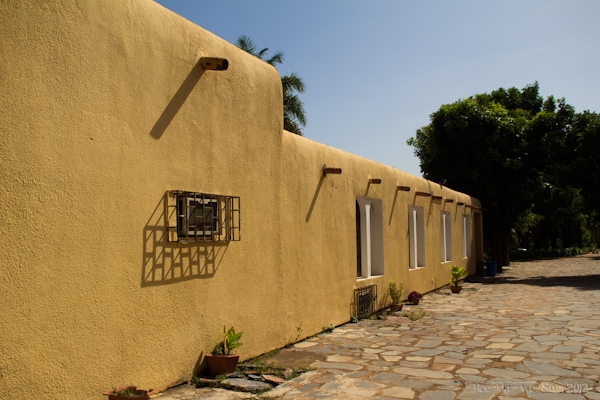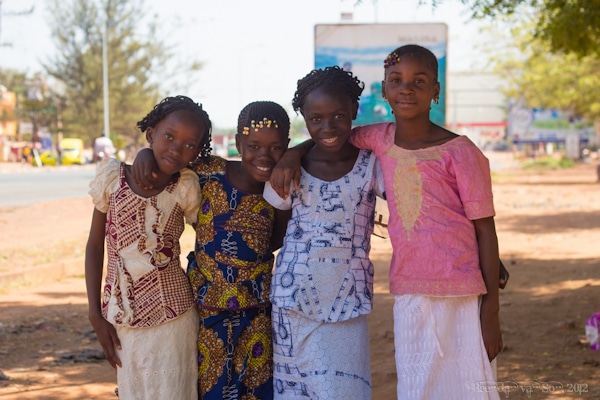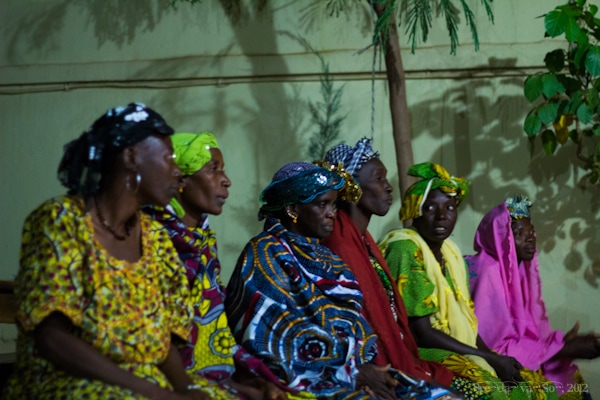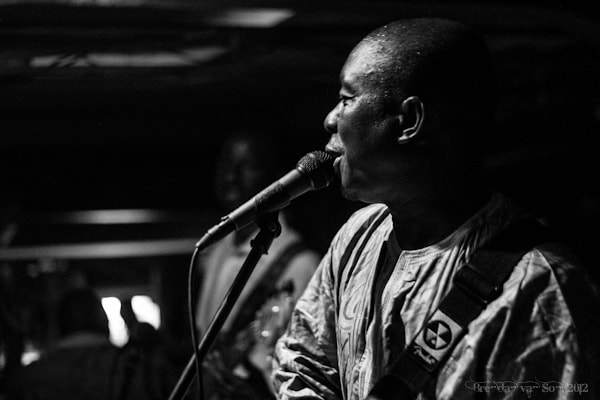Travelling Mali: Travel During the Time of Conflict
——————————–
Someone asked me a while ago why I chose to start my African trip in the much-maligned countries of the west. Why on earth would someone travel through countries more well known for civil conflict and coup d’etats than anything else? Well, for me, the reason was simple. I want to see this planet – every inch of it – and at the time of planning, it was the first time in modern history that basically every country in west Africa was accessible.
As someone who had studied the various conflicts of the region throughout his university studies, I knew how significant that case was. Moreover, I knew how fragile that peace and accessibility was. I jumped at the chance to start in west Africa because very little of it was off-limits during the planning stages. Well, up until March, when a military coup sent this country into the thralls of conflict and uncertainty.
Still, I was assured that Bamako and the south of Mali were safe and made the journey from Cote d’Ivoire. My time in Bamako had been a strange state of calm. I took what I have been calling a travelcation in hopes of recharging my batteries before making the long push for South Africa.
Hanging out at the sleeping camel hostel in Bamako has been a brilliant experience, but also a strange one. It’s as if Bamako exists in a bubble. It’s the center of activity for journalists, expats and aid workers all who sit around talking about the conflict, how it should be resolved and how great the country was before the coup.
I have no knowledge of what it was like before the coup, so nothing feels strange about the city to me; it’s business as usual.
However, as I travel north of the city, the void in activity is ghastly. I wandered through the dirt streets along the Niger River in the town of Segou alone. I felt as if I woke up after a zombie apocalypse had passed through town. The streets deserted near the sights, the ports stocked with rusting old hotel boats, and the occasional troubled person pulling at my sleeve asking for help in the form of money or food.
Occasionally, I stop in the shade with some of the vendors – who claim they haven’t sold a souvenir in weeks – for a cup of tea and some chatter. Some of them are from Timbuktu, they dream of going home, but they don’t seem to hold out too much hope.
Segou is an interesting town, but its deserted state is depressing so I press farther north; to the ancient city of Djenne.
Djenne immediately appeals to my curiosity. Like Bamako, there are few signs open signs of conflict, or concern with the state of the war, that exist in town. But in this ancient mud village, people aren’t worried because they feel far from the conflict (they are only about 100km from the front lines), but because they have history and magic on their side.
The town of Djenne is an ancient Islamic center, home to hundreds of quranic schools and the famous mud mosque. But some people here talk of an ancient power that presides powerfully; perhaps something similar to voodoo although the locals claim its not nearly as animist. Still, while war rages in the north, the people of Djenne are firm to their belief that no one will ever enter their city out of fear of the mystical hexes that could be placed upon them. No one has ever attacked Djenne, and people here believe no one will ever do so.
Still, while the locals have not moved on and even hotels, like the foreign-run Djenne Djenno, remain operational, there is no doubting that things have changed. Guides have moved on and the ones who have stayed on are much more desperate. Hotels are empty and many are offering prices well below what would have been imaginable just a year ago.
As terrible as it might sound, conflict in the north has actually made Djenne a more enjoyable destination for me. There are no other tourists, people are more willing to help since they’ve learned – and lost – the value of tourists, and I was even allowed to step food inside the incredible mosque (although I wasn’t allowed to photography it). I had one of the ancient wonders of Africa all to myself. Not since my time in Chinguetti, Mauritania have I ever felt like I had flown back in time like I did while in Djenne. It really is a special feeling.
Still, despite the tranquility and inspiration found in Djenne it’s hard to escape thoughts of the sad eyes of vendors in Segou or the stories of displaced people from the north of the country. Despite the fact that Bamako might still feel like a bubble, it certainly is not. Yesterday the Prime Minister of Mali was ousted from power and the President’s party headquarters were shot up overnight.
Conflict is like a cancer. If you allow it to feed, grow and fester it will only strengthen its resolve, deepen its roots, and fasten itself to important organs, If you wait too long to treat the source of a conflict it will only spread to a point where there is no treatment at all. In the case of Mali, the disease is spread heavily through the north, and I can’t imagine it being all too long before it begins to fester elsewhere as well. Bamako might feel like a bubble protected from the conflict, as does Djenne. But as one knows, conflict has many victims, even those who may feel far from it.
My Travelcation in Bamako, Mali
———————–
Like nearly every story in my life, the tale of my travelcation in Bamako starts with a little bad luck and some terrible timing. Months of hard travel through West Africa had definitely worn a bit on my ambition to be moving constantly. Every day was a struggle. Not that it didn’t also come with it’s rewards, but certainly the pace I was travelling wasn’t something I could realistically maintain. However, if it wasn’t for struggles in the non-travel aspects of my life, I probably would have never realized how much I needed a travelcation.
I hadn’t earned a proper paycheck in 2 months, was spending at a rate of someone doing well for them self, and on top of it the spirits of the Niger River magically pulled my GoPro camera from my hand and tossed it into the depths of its gaping mouth. I had no choice but to take a break in Bamako, I had no money to continue on even if I wanted to.
It didn’t take long, however, in Bamako to realize that a travelcation is exactly what I needed. As is the case every time some goes array in my life, I can’t help but wonder if the world knows what I need more than I do and simply steers me across bumps to take me exactly where I need to be.
I was exhausted when I arrived in Bamako. The last time I spent longer than a week in one place was in Phoenix in January, ten months before my arrival in Bamako. I think that was the last time I took a true vacation. The last time I met a fellow traveller was in late July, and the last time I took an entire week off from writing was in August. As talk of American Thanksgiving started to surface on my facebook feed, I came to the realization that, damn, I needed to take a break; or at least change how I’m operating, because no one can possibly function the way I have been.
While my work is travel, my vacation is one away from travel. It is one where I sit still for a couple days watching Will Ferrell movies and drinking alcohol with friends. For me, a vacation is a couple days without looking at search engine traffic statistics or playing around with WordPress. For me, a vacation is never saying the word travel or thinking about my next destination. I love travel, but we need breaks from even the best things in life.
I’ve spent a month in Bamako now, with a short break to the interior of Mali mixed in there, and I can’t be more satisfied with it. Although to the eye it looks nothing like Medellin, Colombia it feels a bit like that to me. There are incredibly friendly people, a massive expat community and a nightlife that would satisfy even Charlie Sheen. I’ve worked myself into a bit of a routine here staying at the Sleeping Camel Hostel. I don’t worry about waking up to catch buses, booking hotels down the road, and planning activities. I just go about my life.
I think perhaps the problems in my life are always centered around the fact that I’m always looking forward. I love to tell people how I live in the moment, and I truly try to do so, but like the Niger, my mind often meanders like a snake lost in the desert in search for a home, a meal, or just a nice spot in the shade. I am always in a hurry, a byproduct of the idea that I think that my life is too good to be true so I want to indulge in as much of what this planet has to offer before my lucky time in travel comes to an end.
My travelcation in Bamako has recharged my energy and moreover it has fueled my desire to challenge myself and the world. This coming week, I will set off on a scooter I bought and attempt to drive it all the way to South Africa. Why a scooter you ask? Well, with a scooter, I have no choice but to take things slow.

